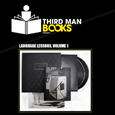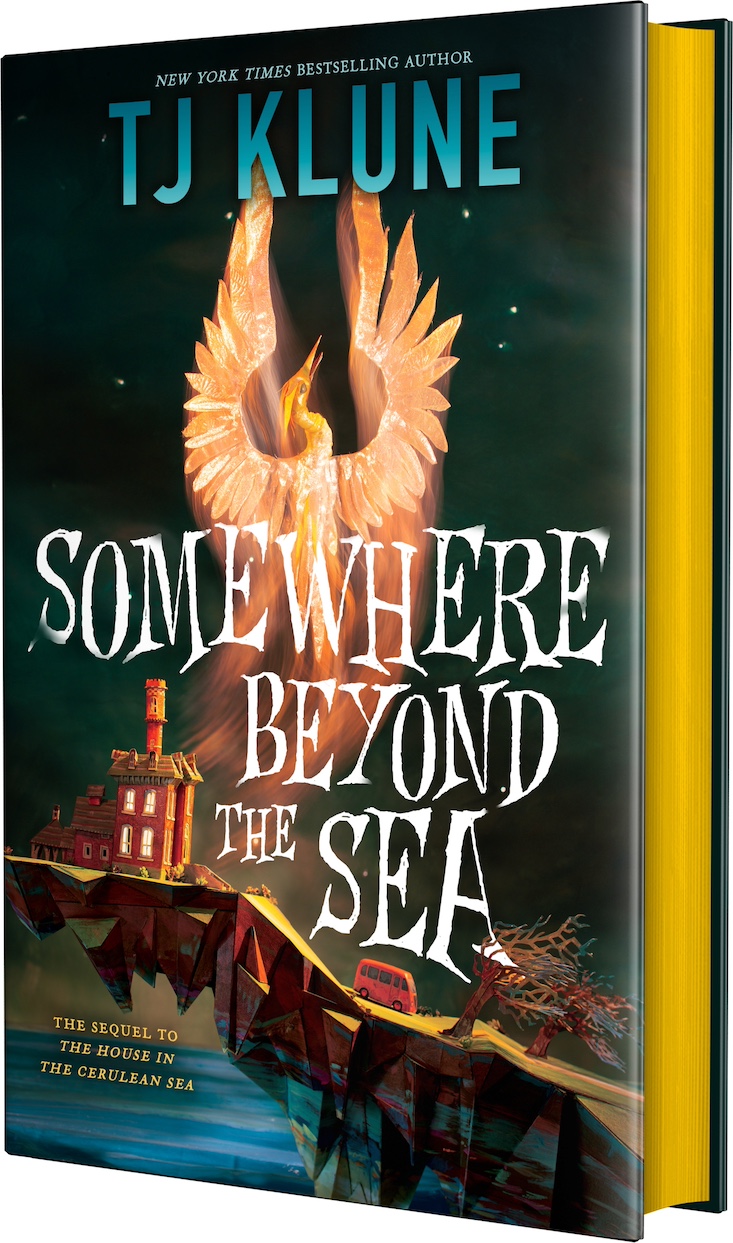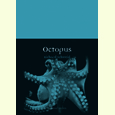A Girl Named Ruby Clyde
In Corabel Shofner’s Almost Paradise, a young girl confronts a crisis
“It’s funny,” thinks Ruby Clyde Henderson, the protagonist of Corabel Shofner’s first children’s novel, Almost Paradise: “People tell you not to lie, but they hardly ever want to hear the truth.” This is certainly true of the adults in Ruby Clyde’s life, but she’s accustomed to being the real grown up in the room most of the time.
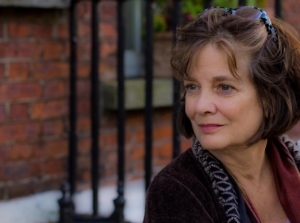 Ruby Clyde has had a fairly bleak young life, though she doesn’t seem to know it. As the story opens, it’s her twelfth birthday, and she wakes up alone in the backseat of the Catfish’s car. The Catfish is Ruby Clyde’s nickname for her mother’s boyfriend, Carl, whom she holds in contempt: “If I’d been older when he came around, I never would have allowed him into our lives. But honest to God, I had no entire clue how to get rid of him once he was wedged into our family. You may as well know, Mother was no help at all, but don’t hold that against her: she’d been real fragile since my father died, which was before I was born.” In fact, Ruby Clyde’s father was shot in a robbery gone wrong, and the shock of his death sent Ruby Clyde’s mother into early labor that very day. So it’s no surprise that Ruby Clyde has never had birthday parties.
Ruby Clyde has had a fairly bleak young life, though she doesn’t seem to know it. As the story opens, it’s her twelfth birthday, and she wakes up alone in the backseat of the Catfish’s car. The Catfish is Ruby Clyde’s nickname for her mother’s boyfriend, Carl, whom she holds in contempt: “If I’d been older when he came around, I never would have allowed him into our lives. But honest to God, I had no entire clue how to get rid of him once he was wedged into our family. You may as well know, Mother was no help at all, but don’t hold that against her: she’d been real fragile since my father died, which was before I was born.” In fact, Ruby Clyde’s father was shot in a robbery gone wrong, and the shock of his death sent Ruby Clyde’s mother into early labor that very day. So it’s no surprise that Ruby Clyde has never had birthday parties.
Friend to animals, lover of wordplay, and able to calm a crying baby with the touch of her hands, Ruby Clyde is a tough cookie. For the first ten years of her life, she and her mother, Babe, lived with Ruby Clyde’s harsh grandmother: “Raised me with a bible in one hand and a stick in the other,” Ruby Clyde says. “I’m not saying I hated her, I’m just saying I spent half my life under our bed. Grandmother taught me how to get by in the real world. Mean people have an edge and it’s good to learn their techniques.”
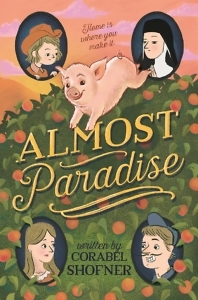 After the grandmother dies, Babe agrees to set out for Hollywood with the Catfish. The road trip takes a perilous turn in Texas when the Catfish holds up a convenience store, and Ruby Clyde’s mother is captured as an alleged accomplice. Ruby Clyde escapes, terrified and bereft at being left truly alone—alone, that is, except for her new pet, a circus pig named Bunny, but that’s a whole different story. Ruby Clyde’s faith in herself keeps her steady in uncharted waters: “I believe places can heal,” she says. “I believe science can heal. I believe God can heal. And I believe my hands can heal. It is best to use all of the above to get maximum results.”
After the grandmother dies, Babe agrees to set out for Hollywood with the Catfish. The road trip takes a perilous turn in Texas when the Catfish holds up a convenience store, and Ruby Clyde’s mother is captured as an alleged accomplice. Ruby Clyde escapes, terrified and bereft at being left truly alone—alone, that is, except for her new pet, a circus pig named Bunny, but that’s a whole different story. Ruby Clyde’s faith in herself keeps her steady in uncharted waters: “I believe places can heal,” she says. “I believe science can heal. I believe God can heal. And I believe my hands can heal. It is best to use all of the above to get maximum results.”
Intended for middle-grade readers, Almost Paradise manages to cover some pretty intense territory in a gentle—but never sanitized—way. Ruby Clyde is endlessly endearing, with the tender heart of a protector and an unshakeable sense of self. She is also hilarious, precociously wise, and prone to gorgeous turns-of-phrase. (Describing a moment from their road trip with the Catfish, she says, “To pass the time I reached forward and brushed Mother’s hair. There was nothing quite like the smell of my mother’s hair. It was floral but human—like what babies would smell like if they came out of the earth on stalks, wrapped in fresh spring leaves.”)
In Almost Paradise Nashville novelist Corabel Shofner has written a hands-down winner for any young reader: “If you go down deep enough in the ocean you will find fish that make their own lights,” Ruby Clyde says. “Live things can get used to all kinds of situations, but it takes time and terrible need.” This singular girl makes enough light for everyone around her.

Kathryn Justice Leache lives Memphis, her hometown. Her life among books has included work as a librarian and stints as a bookseller at Square Books and The Booksellers at Laurelwood. She will soon be working at Novel, an independent bookstore opening in summer 2017 in Memphis.
